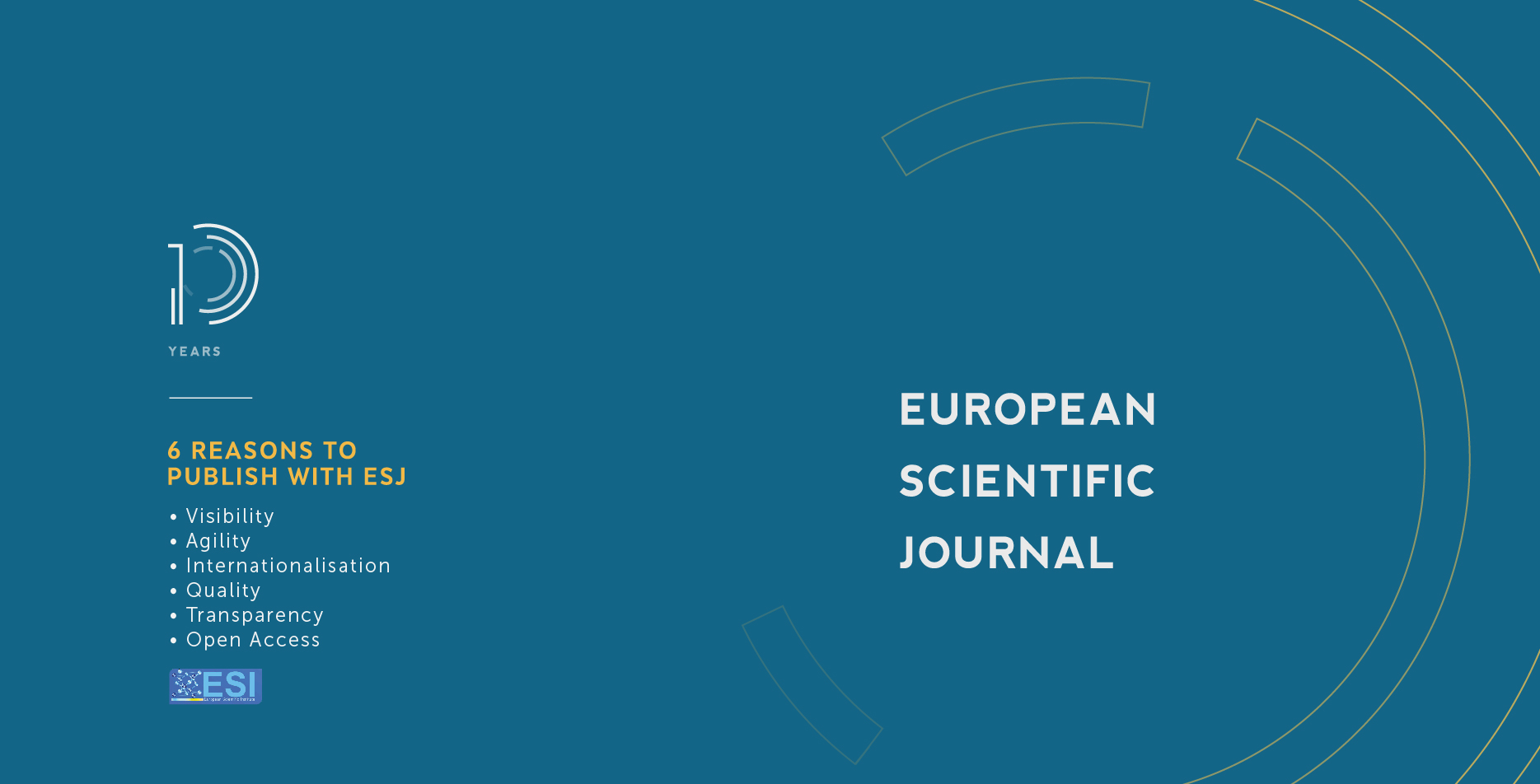Oral Health Care of People with Disabilities - A Challenge in Dental Education in Georgia
Abstract
Introduction: The dental caries and periodontal disease are the most prevalent diseases in people with disabilities. In 2014 The Association for Dental Education in Europe set up a special interest group to develop the field “Special Care dentistry”, which provides oral care services for people who are unable to accept routine dental care. Aim: This article aims to substantiate the role of implementation “Special Care Dentistry” in the dental curriculum and describes the importance of continuing medical education for the dentists, to provide equal and adequate dental services to the people with disabilities in Georgia. Methods: The first part of research was based on the analysis of the secondary data for identification the structure of the dental education programs of Georgian higher education institutions; A quantitative and qualitative data was analyzed among 160 people with disability through a specially designed questionnaire, deep interviews were conducted with participants, dentists, and managers of dental clinics. Results: 25% of Dental Clinic Managers reported, that their clinics are adapted for people with disabilities. Dental caries 18%, missed tooth due to caries 24% and gingival bleeding was detected in 47.8% of study participants, among them 10.6% outlined the lack of doctor qualifications and experience. Discussion: Provision comprehensive dental services to people with disabilities remain a significant challenge for dental clinics. A small number of dentists in Georgia have completed a continuing medical education course in special care dentistry. Conclusions: The oral health of people with disabilities in Georgia is unsatisfactory. More affords should be performed to implement “Special Care Dentistry” in dental education in Georgia.
Downloads
PlumX Statistics
References
2. Chadwick, D. Chapman, M. Davies, G. (2018). Factors affecting access to daily oral and dental care among adults with intellectual disabilities. Journal of Applied Research in Intellectual Disabilities.
3. Couto, P., Pereira, P. A., Nunes, M., & Mendes, R. A. (2018). Oral health-related quality of life of Portuguese adults with mild intellectual disabilities. PLoS ONE, 13(3), 1–14.
4. Cancio, V. Faker, Kh. Bendo, C. (2018). Individuals with special needs and their families oral health-related quality of life. Pubmed.
5. Dougall, A. Thompson, S. A. Faulks, D. et al. (2013). Guidance for the core content of a Curriculum in Special Care Dentistry at the undergraduate level. European Journal of Dental Education.
6. Faulks, D. Freedman, S. Thompson, D. et al. (2012). The value of the education in special care dentistry as a means of reducing inequalities in oral health. European Journal of Dental Education.
7. Faker, Kh. Tostes, M. Cancio, P. (2019). Impact of untreated dental caries on oral health-related quality of life of children with special health care needs.
8. Gysling, SP. Taiclet, LM. Polk, DE. (2020). Associations between practice patterns and dental education in special care dentistry. Wiley Journal. Pubmed.
9. Haagsma JA. James SL. Castle CD. et.al. (2020). Burden of injury along the development spectrum: associations between the Socio-demographic Index and disability-adjusted life year estimates from the Global Burden of Disease study 2017. British Medical Journal.
10. Hollatz, S. Wacker-Gussmann, A. Wilberg, S. et al. (2019). Awareness of oral health in adults with congenital heart disease, Cardiovascular Diagnosis and Therapy.
11. Ilona, S. Emese, G. Tamas, P. et al. (2019). Dental and oral surgical treatment of the mentally retarded in Hungary: The situation in the past, currently and hopes for the future. Orvosi Hetilap.
12. International Association for Disability&Oral Health
13. Mac Giolla Phadraig, C. Nunn, J. Dougall, A. et al. (2014). What should dental services for people with disabilities be like. Results of an Irish Delphi panel survey, PloS ONE.
14. Mandasari, M. Rahmayanti, F. Derbi, H. et al (2021). Special care dentistry perception among dentists in Jakarta: An online survey study. Pubmed.
15. Orsos, M. Moldvai, J. Kivovics, P. et al. (2018). AKJ journal.
16. Owens J. (2011) Barriers to oral health promotion in the republic of Ireland. SAGE journals.
17. Phadraig, M. Guerin, S. Nunn, J. (2015). Should we educate care staff to improve the oral health and oral hygiene of people with intellectual disability in residential care? Real world lessons from a randomized controlled trial. Wiley journal.
18. Peres, MA. Macpherson, LMD. Weyant, RJ. et al. (2019). Oral Diseases: a global public health challenge. The Lancet.
19. Rohani, M. et al. (2021). Dental students’ perception on Disability Equality Training as part of the special care dentistry curriculum. Wiley journal.
20. Schulte, AG. Schmidt, P. (2021). Oral Health in persons with disability in Germany-an overview of the literature. Pubmed.
21. Teo, CHK. Mahesh, MN. Lim, GX. (2020). Oral health status and barriers to care in a multiethnic mixed disability center: Rethinking disability community dental services. Wiley journal.
22. World Health Organization. Disability. [cited 9 Jul 2020].
23. Available: https://www.who.int/health-topics/disability.
24. Ministry of Education and Science of Georgia;
25. https://www.mes.gov.ge/index.php?lang=geo
26. National Statistics Office of Georgia;
27. https://www.geostat.ge/ka
28. Legislative Herald of Georgia;
29. https://matsne.gov.ge/.
Copyright (c) 2022 Elene Gigineishvilim, Elza Nikoleishvili

This work is licensed under a Creative Commons Attribution-NonCommercial-NoDerivatives 4.0 International License.








